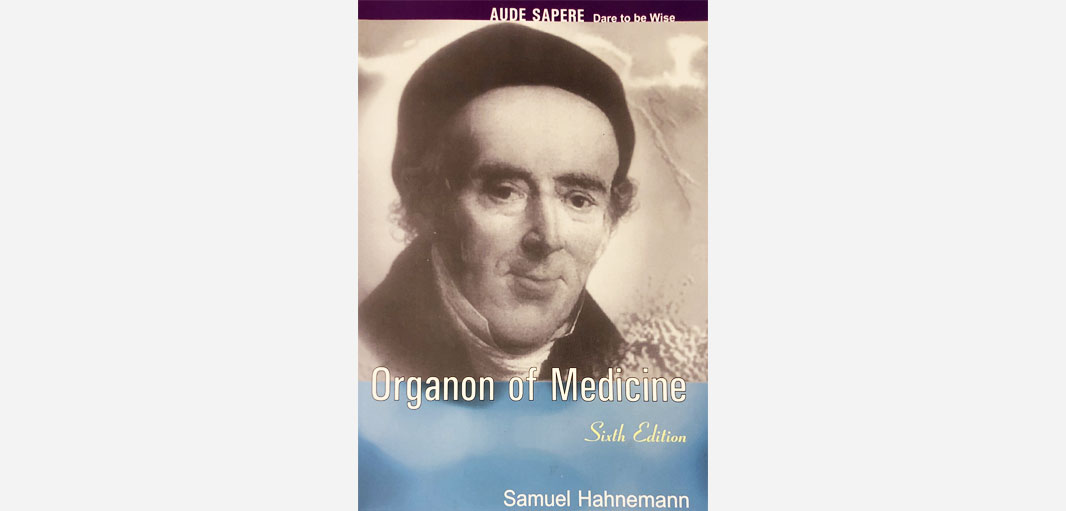
The knowledge of the homeopathic principle – the principle of equality – in medical treatment can be traced all the way back to Hippocrates. He discovered that plant substances in tiny doses could cure the same symptoms that they would have caused in large doses.
Only much later, around 1790, did the German physician and chemist Samuel Hahnemann become aware of this principle when he discovered in his work that a plant substance used against malaria would produce malaria-like symptoms if given to a healthy person in small quantities .
Hahnemann's research was primarily driven by a desire to make his patients healthy without harming them. Conventional medicine of the time often had terrible side effects, and Hahnemann was convinced that a system could be found that could cure diseases without causing harm. He was of the belief that man, animals and nature have an inherent power that maintains internal balance, and that there had to be a method of how to influence this dynamic to make the body heal itself if disease or imbalance arose. So there had to be an overall system that could be influenced to activate the inactive healing powers in the human organism.
During his research, he experimented with medicinal plants – not on sick people but on healthy ones! He was interested in what each individual plant remedy could cause in the healthy human organism in order to gain knowledge of what the medicine would be able to remedy in the sick person. He called this process a "trial". To his great surprise, he discovered that each of the drugs in the healthy "testers" produced symptoms that were similar to the symptoms they were known to cure in the sick!
For the next 50 years, Hahnemann and his colleagues continued to "try" different medicines. All the symptoms that appeared were noted down carefully and in detail, from physical symptoms and changes in the "subject's" psychological and mental state to changes in general well-being.
In 1810 he published his book "Organon", which explains the procedure and principles of what Hahnemann called "The true art of healing". Classical homeopaths follow these principles to this day.
The word "homeopathy" is composed of the Greek words homeios, which means similar, and pathos, which means suffering or disease. Hahnemann formulated the overall principle for the treatment of diseases in the phrase "Similia similibus curentur" (like cures like).
